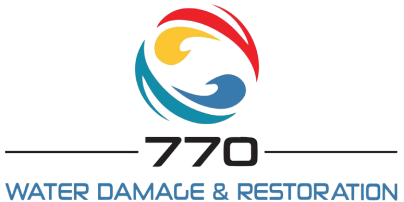Types Of Winter Water Damage
Water damage can take place whenever of year, however winter climate is notorious for creating leaks, floods, as well as burst pipes. Think about the six most usual kinds of water damage that happen in the winter months and exactly how to avoid them.
1. Frozen Pipes
Water increases when it freezes, meaning an icy pipeline is a reliant break under the stress. To stop frozen pipelines, follow these tips:
* Burn out the automatic sprinkler before the very first freeze.
* Seal and also shield unconditioned spaces where pipelines lie.
* Shield revealed pipelines.
* Let the water drip from your faucets on ice-cold evenings.
* Set the thermostat no lower than 55 degrees.
* Turn off the main water supply when you go out of the community.
2. Ice Dams
It’s common for roof snow to thaw below and refreeze at the eaves. The resulting ice dams avoid melting snow from draining pipes properly. Water can after that make its means under the tiles and also leak right into the attic. Here are the very best ways to prevent ice dams:
* Tidy the gutters to aid dissolved snow drain away.
* Seal as well as shield the attic room floor to keep heated indoor air where it belongs.
* Ventilate the attic room to keep it cool.
3. Overruling Gutters
Blocked seamless gutters do not just bring about ice dams they can additionally cause house siding and also foundation damage if they overflow from excessive winter rainfall. Tidy your seamless gutters as well as expand the downspouts a minimum of six feet to help rainwater drain appropriately.
4. Melting Snow
The drainage from melting snow might flood your cellar if the ground inclines toward your house. To stop this, shovel snow away from your residence and also add soil as needed to guide runoff far from the structure.
5. Dripping Hot Water Heater
You might use your water heater all year round, but this home appliance works hardest in the winter when the incoming water temperature level come by around 25 degrees. If your water heater is getting old, you may be at risk of leakages, which might flood your house if left undetected. To avoid a mess, comply with these tips:
* Flush your water heater annually.
* Arrange maintenance and repairs as required.
* Take into consideration changing your water heater if it’s greater than one decade old.
6. Condensation
Water normally condenses on chilly surface areas, consisting of pipes and window panes. Condensation comes to be extra widespread in the winter months since cool air can’t hold as much moisture. If your residence is also damp, extreme condensation might drip onto timber, carpet, drywall, as well as other surfaces prone to water damage. Watch on your home windows and metal pipelines throughout the winter. If you detect condensation, readjust the setting on your humidifier to introduce less wetness right into the air.
Has your residence experienced any kind of water damage this winter season? If so, count on professional Water Damage Restoration Running Springs from 770 Water Damage & Restoration for aid. To learn more regarding our solutions or request emergency damage reactions, please call us or call us online.





